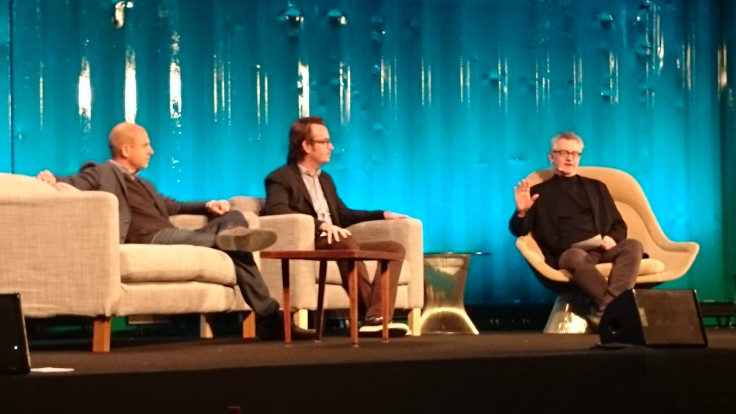TV Industry Poised for Revolution as Consumers Take Control of Content

The television industry is bracing itself for an overhaul akin to how the iPhone revolutionised the mobile market, according to a panel of experts at the Web Summit in Dublin.
"Smart TVs are not the answer, at least not as we know them", claimed Brent Weinstein of United Talent Agency, one of the world's largest talent agencies, who represent the likes of Gwyneth Paltrow, Johnny Depp and Angelina Jolie.
We've gone from the early, box-like television set, to flat screens, to smart TVs in recent years, but according to the experts, the real revolution is yet to happen. The market is now in the position that the mobile industry was just before Steve Jobs released the iPhone, a move which transformed the industry.
"The television business, from a hardware standpoint, is still today where the phone business was in the months or years preceding Apple (iPhone), where you have a Motorola Razr, or what we call a feature phone today; where if you worked really, really hard you could get short form video on it that's been packaged by your carrier, who charged you a fee", said Weinstein.
With the launch of the iPhone, "the whole world changed. That's going to happen to television," he said.

Programming will no longer be dictated by the broadcasters, but defined by the audience, through a demand for instant access and control.
The explosion of online video created by consumers will force the television industry to rethink the content they produce and how that content is distributed.
The panel predicted that traditional networks, cable and satellite providers will need to change, or risk being replaced by digital channels.
Weinstein recalled a conversation with the producer of Smallville and One Tree Hill back in 2010, where they observed, "the audience of these networks are falling off a cliff. The eyeballs just aren't there anymore."
"The beginning of the dam starting to break" was the recent 'over the top' move by HBO and CBS in the United States, which will see them provide streaming content direct to the masses, according to Tom Ryan of Pluto TV.
'Cord cutters' will move away from cable and satellite. The younger market have been dubbed 'cord nevers' as they have no intention of ever having cable or satellite.
Pluto TV currently deliver over 100+ free online channels. Tom Ryan believes "premium content is changing", and the future of television will be more niche channels to targeted audiences. The company curates video content from across the internet, segmenting it into channels so users can view the latest and most popular online content without having to find it through search or social media.
The future of television will "feel more like your iPad on your wall" suggested Weinstein. "Make stuff that people like and you'll be rewarded."
But even the man with a keen eye for talent and quality couldn't define the 'secret sauce' that makes content great, likening it to the Supreme Court's definition of porn: "you know it when you see it".
© Copyright IBTimes 2025. All rights reserved.






















